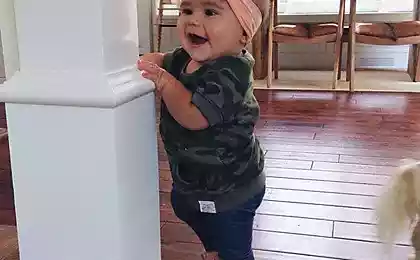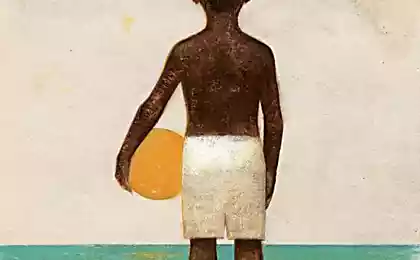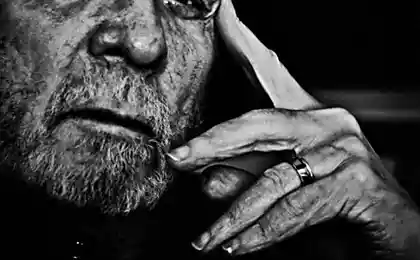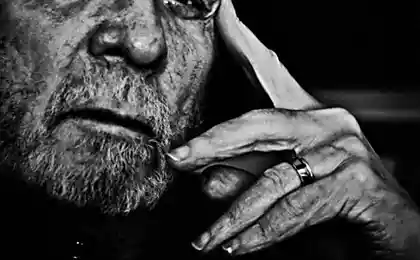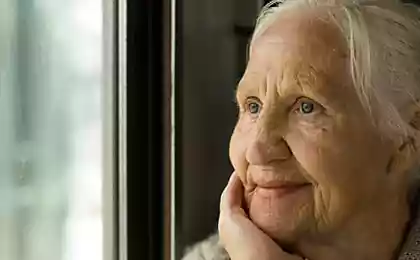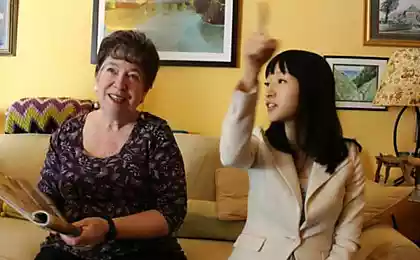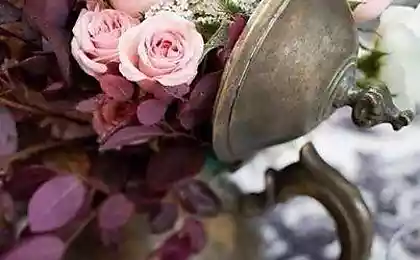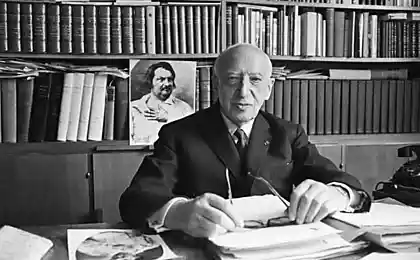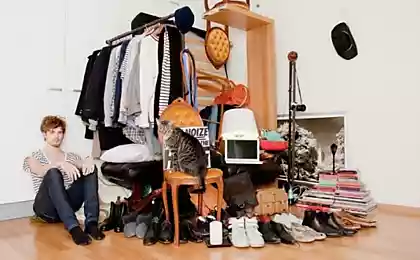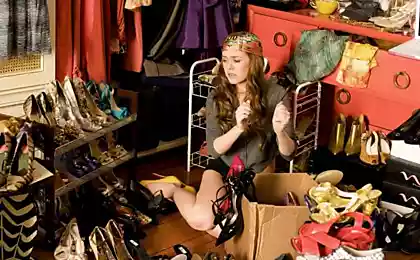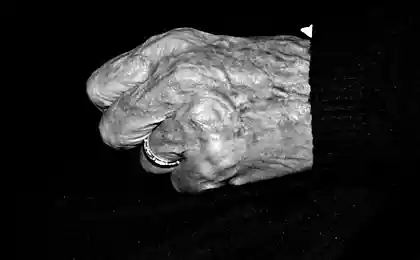230
After 40 came a clear understanding that you do not need to buy extra, half of his things threw away.
For decades, we accumulate many things: some things are dear to us as a memory, some things were given to us or left by relatives, some trinkets we once bought ourselves, and now these things are dusting in the closet and do not allow us to live calmly: it is pathetic to throw away, but there is no place to store them. Things parents after their departure into eternity cause a lot of questions for their children. No one thinks about how difficult it will be for children to decide what to do with the furniture, things, books and other objects that parents have acquired over their lives.
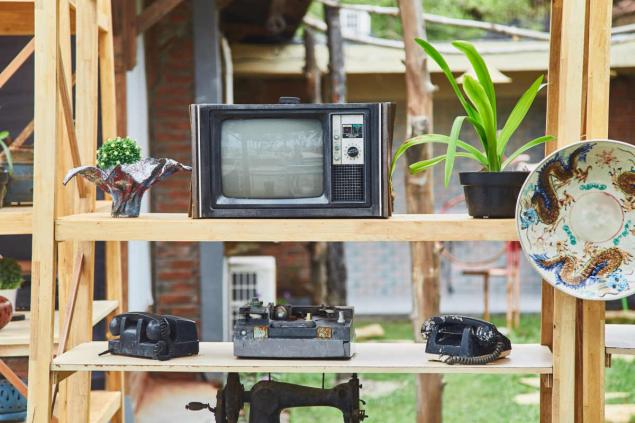
In Swedish there is a word that means “cleaning before going to the other world” – Döstädning. Swedes use this word when they get rid of junk in old age and when they clean the house after their parents leave. It must be said that when a person decides what to do with his belongings at the end of his life, he greatly facilitates the years of life for himself and his children. Most of the things that are stored in our house will not be needed by children.
This was once thought of by a Swedish artist and author of the book Swedish Cleaning. The New Scandinavian Trend by Margareta Magnuson The book has been translated into 20 languages.
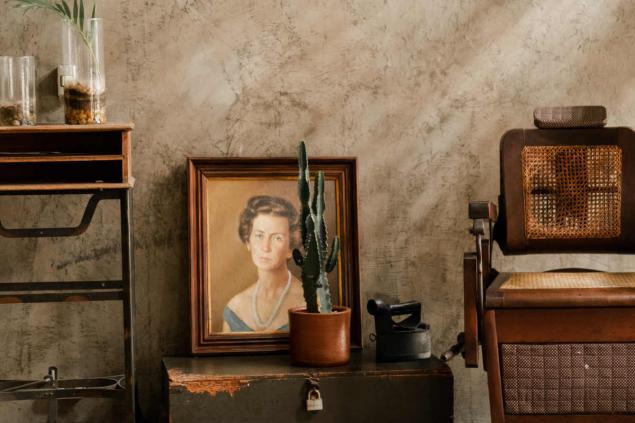
After 80 years, when Margareta’s husband died, a woman decided to move from a large house to a small apartment. Then she realized how difficult it is to clean up the deposits of accumulated wealth over many years of marriage. The method that Margareta describes in her book allows you to look at cleaning and life in general from a different angle.
You don’t have to wait for old age to clean in Swedish, although the word means cleaning for people who have reached retirement age. In a sense, the concept of Swedish cleaning touches on the theme of minimalism, because when a person tries to pick up a bunch of junk, he comes to the fact that he needs very few things to live.
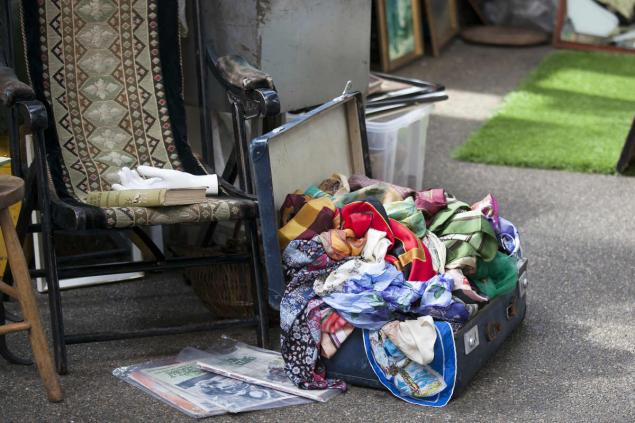
It is not general cleaning Margaret advises not to rush to get rid of things, but suggests allocating a certain period of time to this business. It could be a day or a week, it could be a month. The main thing is that in the process of cleaning, a person has time to rest and gather his thoughts. Honestly, such cleaning takes a lot of effort, because memories are often associated with things and you need to decide where this thing can be put. To prevent the cleaning from instilling horror, make a step-by-step plan for dismantling each space in the house: “The more time you spend going through old things, the easier it will be to part with them,” says Margareta.

When you start such a cleaning, help will not hurt. Tell your friends and family that you are cleaning. See if they need any of the things you don't care about. Dealing with the rubble of good will be more pleasant when you realize that you will not throw them away. Books can be donated or given to the library, things can be given or even sold, some people even buy junk indiscriminately, and then resell it in the flea market.
Physical assistance will not be superfluous. You'd be surprised how many heavy boxes of unnecessary stuff you'd collect. It is better to get rid of old furniture if you do not need it. It’s better to ask friends to help take out an old dresser right away than to look at it for years because you can’t bear it. Or, on the contrary, there are old things that I would like to leave to children. You have to say that right away.
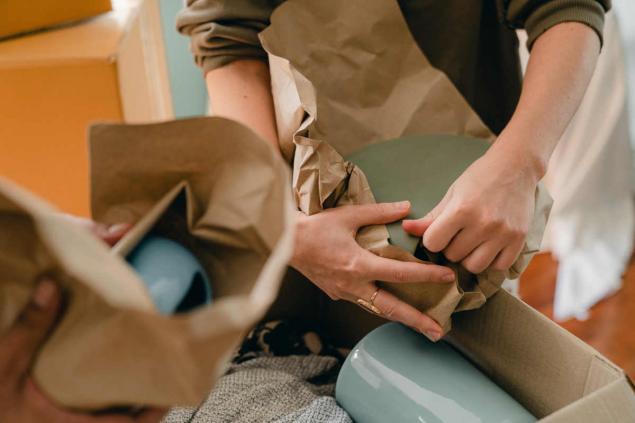
First of all, get rid of those things that you can say goodbye to easily. Marie Kondo has always advised you to leave only the things that make you happy. Margareta says that it was easier to part with clothes than with other objects, so ask yourself the question: “Which category of things is the easiest to part with?” Remember to disassemble things that were stored until better times: “People are made so that it is better to hide an unnecessary thing than to throw it away at once. As a result, mountains of junk accumulate for years. Until suddenly the situation is out of control and the rubbish begins to strangle you.”
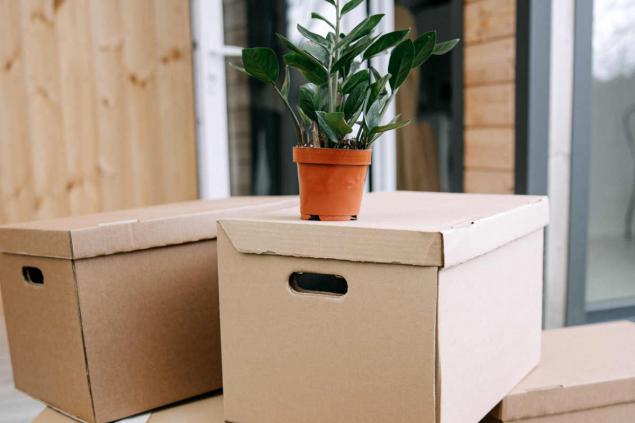
The analysis of trinkets, drawings of children, photographs and other similar trifles should begin last. If you do these things in the middle of cleaning, then there is a high probability to plunge into the past and not return to cleaning. Everyone has things that are only valuable to them. These little things can easily fit into a shoe box. The temptation to take a larger box should try to discard and look at things soberly.
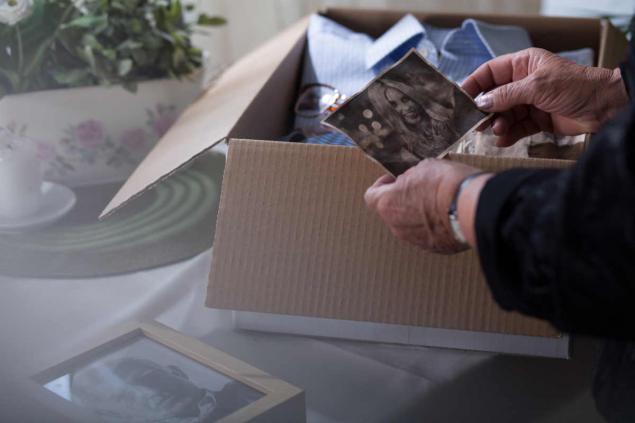
The Döstädning editorial board for Swedes does not in any way mean mourning cleaning. On the contrary, it is the way to ease and rationality. Crap is a source of irritation. When every thing in the house has its place, it is easier. Ask your children what they would like to keep after you leave, and you can safely get rid of everything else. Cleaning in Swedish will help those who often move, but, of course, it makes life much easier for the future generation. How's that for you?

In Swedish there is a word that means “cleaning before going to the other world” – Döstädning. Swedes use this word when they get rid of junk in old age and when they clean the house after their parents leave. It must be said that when a person decides what to do with his belongings at the end of his life, he greatly facilitates the years of life for himself and his children. Most of the things that are stored in our house will not be needed by children.
This was once thought of by a Swedish artist and author of the book Swedish Cleaning. The New Scandinavian Trend by Margareta Magnuson The book has been translated into 20 languages.

After 80 years, when Margareta’s husband died, a woman decided to move from a large house to a small apartment. Then she realized how difficult it is to clean up the deposits of accumulated wealth over many years of marriage. The method that Margareta describes in her book allows you to look at cleaning and life in general from a different angle.
You don’t have to wait for old age to clean in Swedish, although the word means cleaning for people who have reached retirement age. In a sense, the concept of Swedish cleaning touches on the theme of minimalism, because when a person tries to pick up a bunch of junk, he comes to the fact that he needs very few things to live.

It is not general cleaning Margaret advises not to rush to get rid of things, but suggests allocating a certain period of time to this business. It could be a day or a week, it could be a month. The main thing is that in the process of cleaning, a person has time to rest and gather his thoughts. Honestly, such cleaning takes a lot of effort, because memories are often associated with things and you need to decide where this thing can be put. To prevent the cleaning from instilling horror, make a step-by-step plan for dismantling each space in the house: “The more time you spend going through old things, the easier it will be to part with them,” says Margareta.

When you start such a cleaning, help will not hurt. Tell your friends and family that you are cleaning. See if they need any of the things you don't care about. Dealing with the rubble of good will be more pleasant when you realize that you will not throw them away. Books can be donated or given to the library, things can be given or even sold, some people even buy junk indiscriminately, and then resell it in the flea market.
Physical assistance will not be superfluous. You'd be surprised how many heavy boxes of unnecessary stuff you'd collect. It is better to get rid of old furniture if you do not need it. It’s better to ask friends to help take out an old dresser right away than to look at it for years because you can’t bear it. Or, on the contrary, there are old things that I would like to leave to children. You have to say that right away.

First of all, get rid of those things that you can say goodbye to easily. Marie Kondo has always advised you to leave only the things that make you happy. Margareta says that it was easier to part with clothes than with other objects, so ask yourself the question: “Which category of things is the easiest to part with?” Remember to disassemble things that were stored until better times: “People are made so that it is better to hide an unnecessary thing than to throw it away at once. As a result, mountains of junk accumulate for years. Until suddenly the situation is out of control and the rubbish begins to strangle you.”

The analysis of trinkets, drawings of children, photographs and other similar trifles should begin last. If you do these things in the middle of cleaning, then there is a high probability to plunge into the past and not return to cleaning. Everyone has things that are only valuable to them. These little things can easily fit into a shoe box. The temptation to take a larger box should try to discard and look at things soberly.

The Döstädning editorial board for Swedes does not in any way mean mourning cleaning. On the contrary, it is the way to ease and rationality. Crap is a source of irritation. When every thing in the house has its place, it is easier. Ask your children what they would like to keep after you leave, and you can safely get rid of everything else. Cleaning in Swedish will help those who often move, but, of course, it makes life much easier for the future generation. How's that for you?
Making predictions of the near future is not easy at all, but Lyudmila Khomutovskaya is working hard.
Why Keanu Reeves is called “Hollywood Saint”








